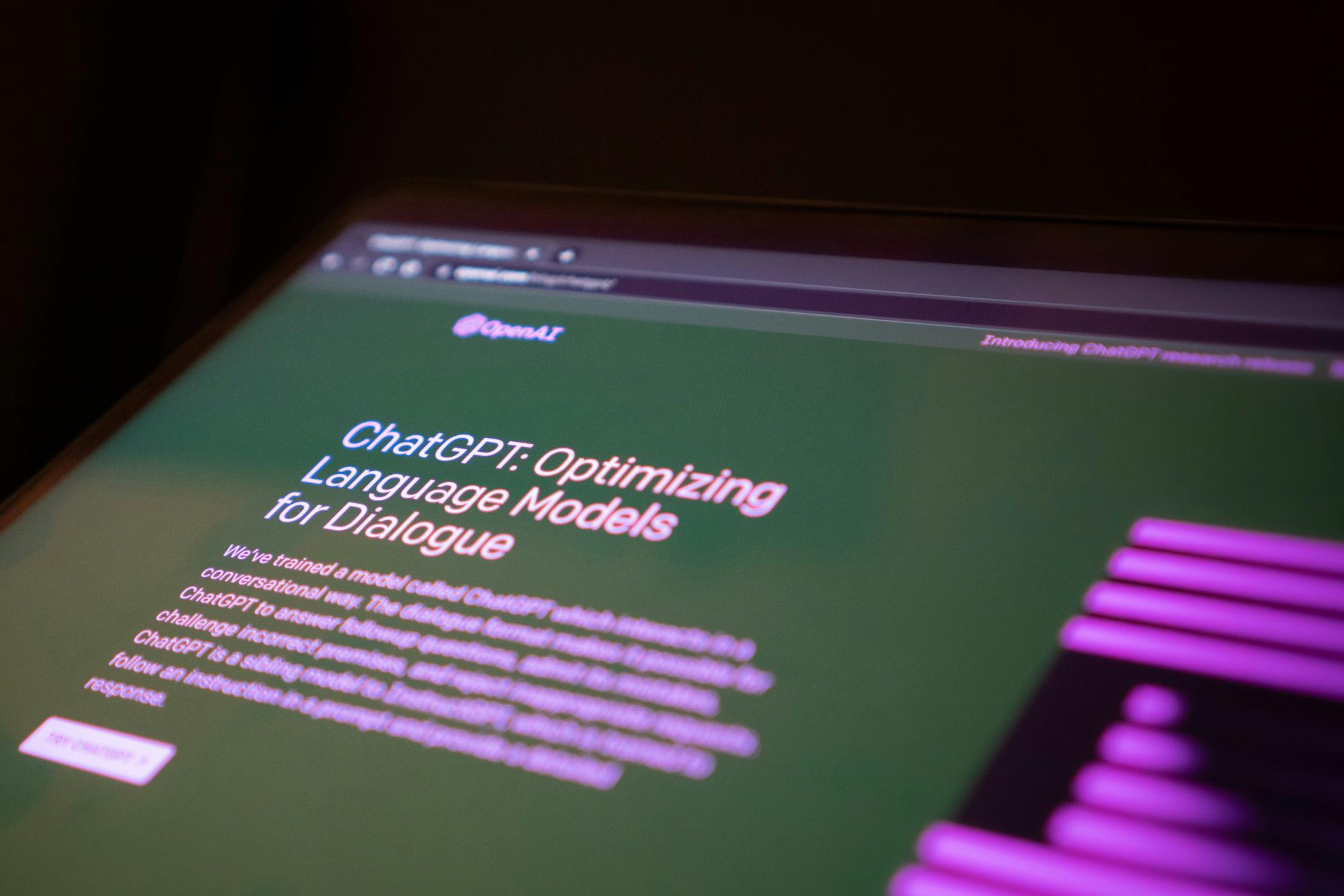From AI-powered search engines to AI online tutors, artificial intelligence such as ChatGPT has been on the rise throughout recent years. AI is rapidly developing to deliver the most efficient and accurate information to users. This leads consumers to question: “What’s next?” OpenAI, a leading company in the innovation of AI and large language models, responded by releasing a preview of a new feature called o1 on September 12.
Previously known as Project Strawberry, the o1 model focuses more on analytical thinking and reasoning, taking multiple steps to reach a conclusion. OpenAI’s o1 is able to think a step further than prior GPT models, hence the name strawberry, which alludes to the idea that prior GPT models would argue that there are only two “r”s in “strawberry.” In contrast, o1 would correctly presume that there are three. Due to the multistep nature of o1, whilst other models are known for their quick responses, o1 intentionally takes more time to generate answers. Taking ten to 20 seconds in the age where information is delivered quickly, users express frustration for the longer time it takes to answer even simple questions, Word Studio explains. However, it’s important to note that despite its time-consuming responses, it has better quality and fewer reports of hallucinations, which is when large language models generate false and inaccurate responses.
OpenAI’s o1 model will be offered as a standalone version, which means users will have the option to select the model according to the type of their questions. While simpler questions will be geared more toward past versions of artificial intelligence, nuanced questions will be favored when using o1. This is mainly because OpenAI states that o1 performed similarly to “PhD students on challenging benchmark tasks in physics, chemistry, and biology,” according to TechRadar. Even in the field of math, GPT-4o had an accuracy of 13% while o1 was 83% accurate when solving the qualifying exam of IMO (International Mathematics Olympiad).
Despite the number of advantages, there are a few downsides to the generative AI model. For instance, the novel model cannot process images like prior GPT models and cannot surf the web because it is relatively new. Moreover, while o1 was designed to remember past conversations to provide a personalized experience, in the preview, it has had several missteps with that feature. As of now, OpenAI’s o1 is struggling to find the balance between structural reasoning and user satisfaction.
OpenAI is predicted to impose new rules towards its usage. Microsoft Network speculates that OpenAI might put a limit to the number of questions users can send each hour. Furthermore, there are rumors about how there may be a premium option available for individuals who wish to have quicker responses. In addition to this, there are many whispers around the monthly subscription price of o1 for OpenAI hinted at a jump from their initial $20 monthly subscription to $2000 per month, The Information reports. Adding to the distinction between paying users and users utilizing the free version, existing subscribed users are predicted to be provided access to o1 before others.
With the close finish line for o1 in a few weeks as its final release is being planned, OpenAI is simultaneously developing another feature of the OpenAI ecosystem, GPT-Next. This feature is hypothesized to be “100 times more powerful than GPT-4,” according to Microsoft Network. With its newest development, OpenAI is one step closer to reaching its goal of creating artificial general intelligence (AGI). AGI is “a theoretical field of research that has capabilities of functioning just like a human’s brain,” as defined by Amazon. As numerous users await the release of the o1 model, the given preview generated both a source of excitement and criticism over the past week.














